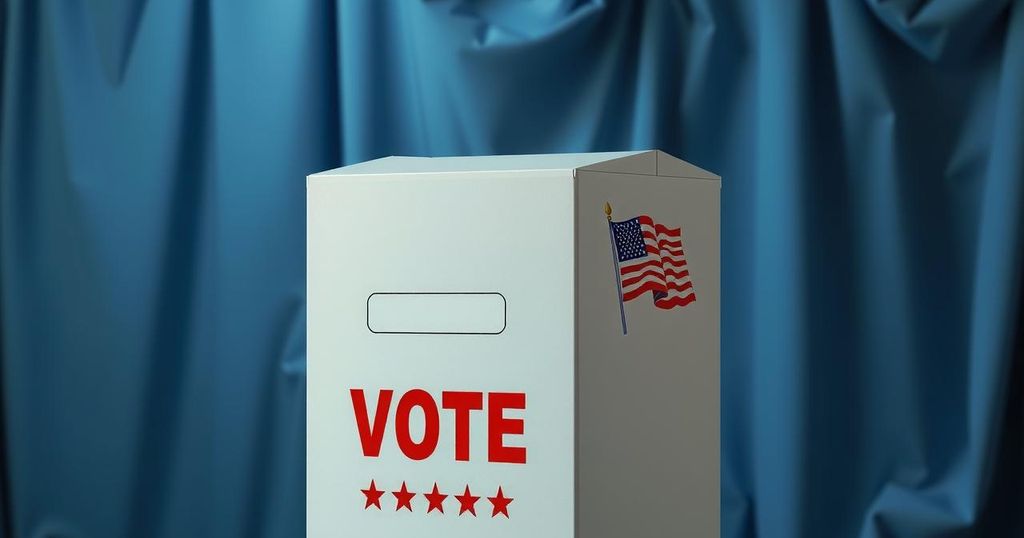In the recent U.S. elections, voters widely rejected significant election reform initiatives, such as ranked choice voting and open primaries, despite over $100 million in funding from advocacy groups. High hopes for reform were met with disappointing outcomes across several states, prompting advocates to reassess their strategies for future initiatives.
In the recent elections across the United States, voters have expressed their disapproval of significant election reform initiatives, despite a formidable expenditure exceeding $100 million by advocates of these measures. Prior to the elections, there was an optimistic sentiment among activists who had anticipated that a surge of state ballot initiatives would reform voting methods by moving away from traditional partisan primaries and endorsing alternative formats such as ranked choice voting.
However, the results were disappointing for the reform movement, as initiatives aimed at implementing ranked choice voting and open primaries were repudiated in various states, including Arizona, Colorado, and Nevada, among others. John Opdycke, president of Open Primaries, acknowledged the setback, stating, “It turns out, in retrospect, we weren’t yet ready for prime time.”
Efforts to introduce open primaries aimed to allow candidates from all parties to compete on a single ballot, while ranked choice voting permits voters to rank candidates in order of preference. Despite a considerable financial investment and apparent momentum from previous successful initiatives in Alaska and Nevada, voter support failed to materialize effectively this election cycle.
Trent England, executive director of Save Our States, reflected the prevailing voter sentiment, noting that, “While Americans are frustrated with politics, I think most Americans are just fine with the traditional way of voting.” Regions such as Alaska also witnessed a near-repeal of open primaries, gathering just shy of majority support. In several locations that adopted ranked choice voting, the procedural changes did not manifest notably different electoral outcomes, contradicting some reform advocates’ expectations.
This situation raised questions about the clarity and efficacy of ranked choice voting as many voters reportedly encountered confusion during the new multiple-choice format. A significant portion of voters in Portland, Oregon, notably abstained from casting votes in council elections that used ranked choice, revealing concerns about the accessibility of such voting schemes.
Despite the recent failures, organizations championing reform are deliberating strategies to refine their approaches moving forward. They aim to prioritize grassroots efforts, separating the initiatives aimed at altering partisan primaries from those advocating for ranked choice voting. As noted by Opdycke, a systematic approach to fostering community dialogue must precede formal campaigns to ensure more robust support among the electorate.
The discourse surrounding election reform in the United States has intensified, particularly with the advent of new voting methodologies like ranked choice voting and open primaries. Advocates aim to address perceived flaws in traditional voting systems, promoting initiatives aimed at enhancing voter choice and engagement. Despite the substantial financial backing of over $100 million in this year’s campaigns, polling during the elections revealed a general reluctance among voters to embrace these radical changes. This highlights an ongoing challenge within the reform movement—gaining sufficient grassroots support to effectively push through such initiatives.
In summary, the recent rejection of election reform initiatives across various states reflects a significant challenge for advocates of ranked choice voting and open primaries. Despite extensive funding and previous momentum, the results demonstrate a persistent adherence to traditional voting methods among the electorate. Moving forward, reform advocates must reconsider their strategies to build grassroots support and clarify the benefits of alternative voting systems to enhance their chances of success in future endeavors.
Original Source: www.independent.co.uk






